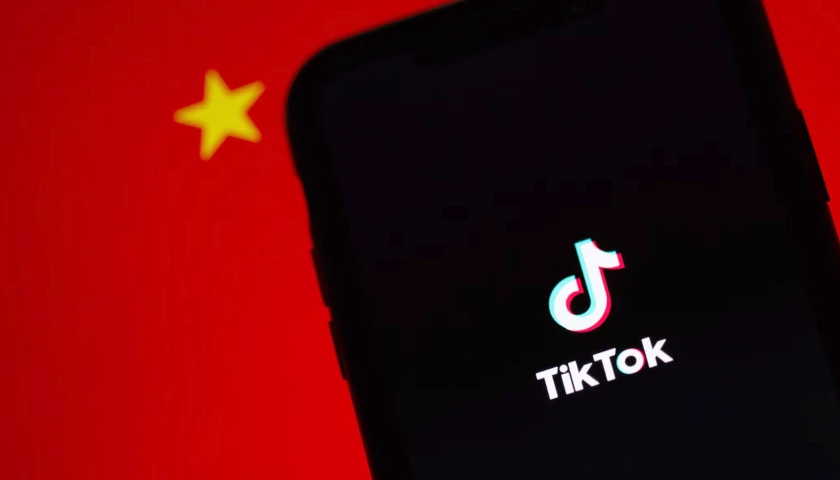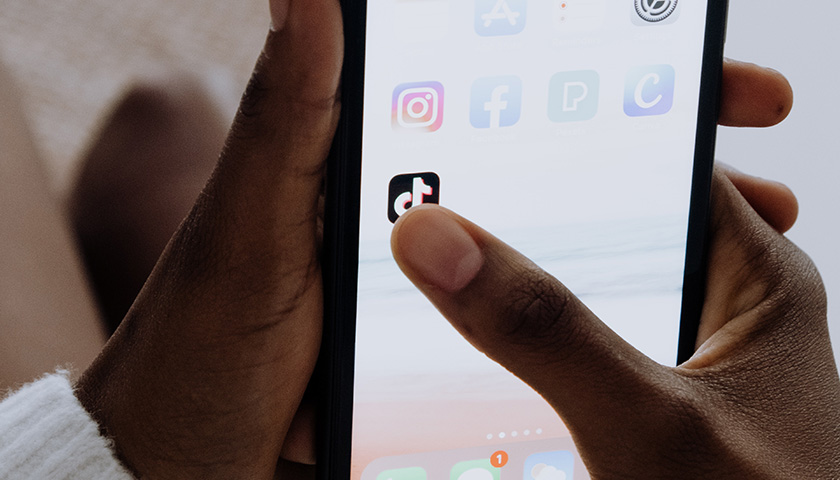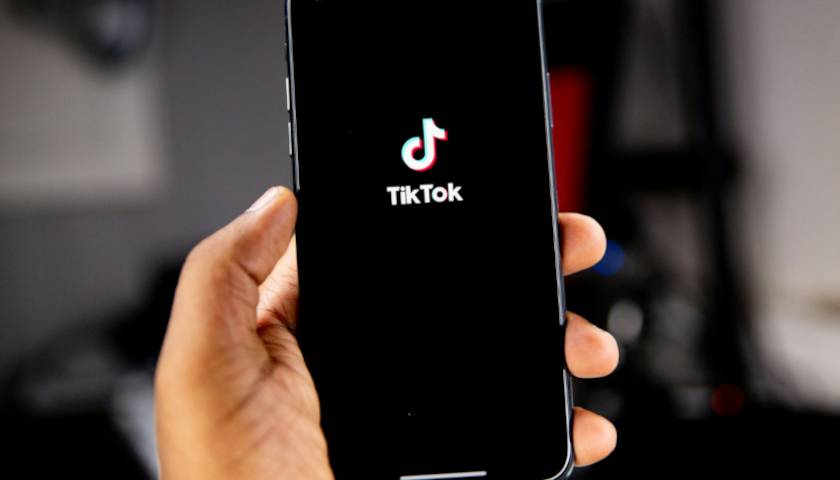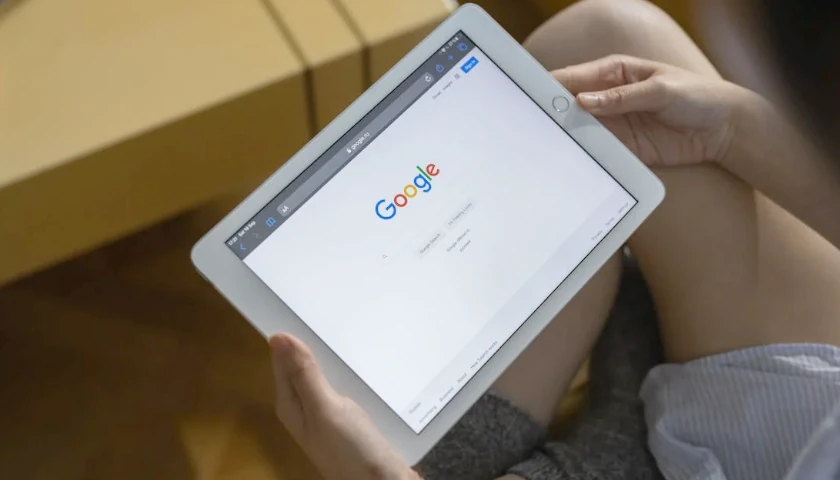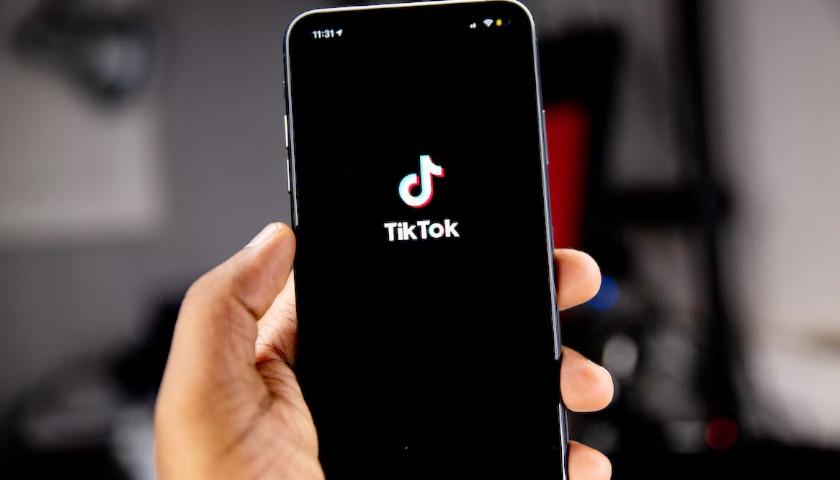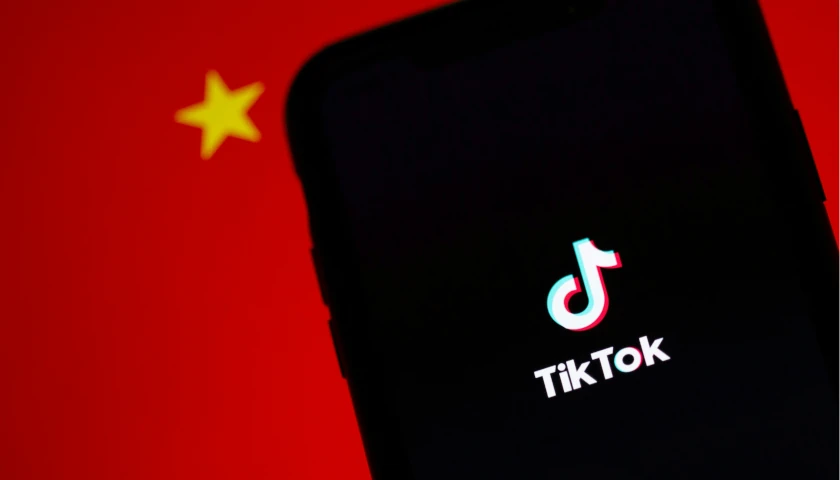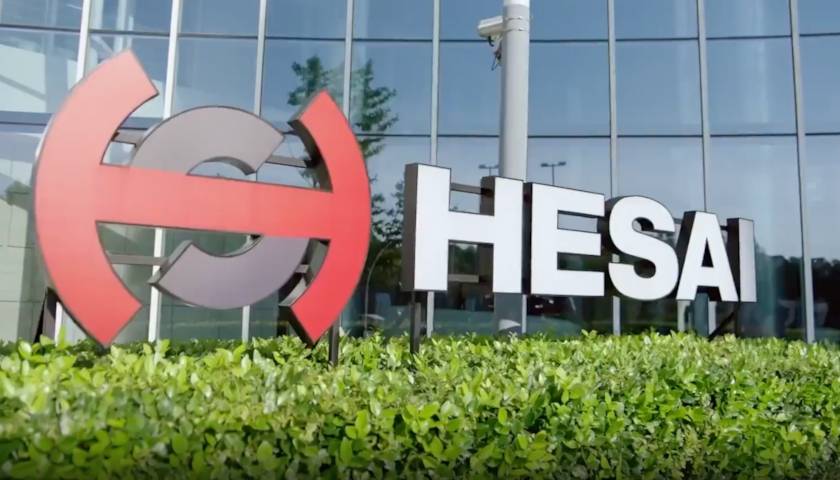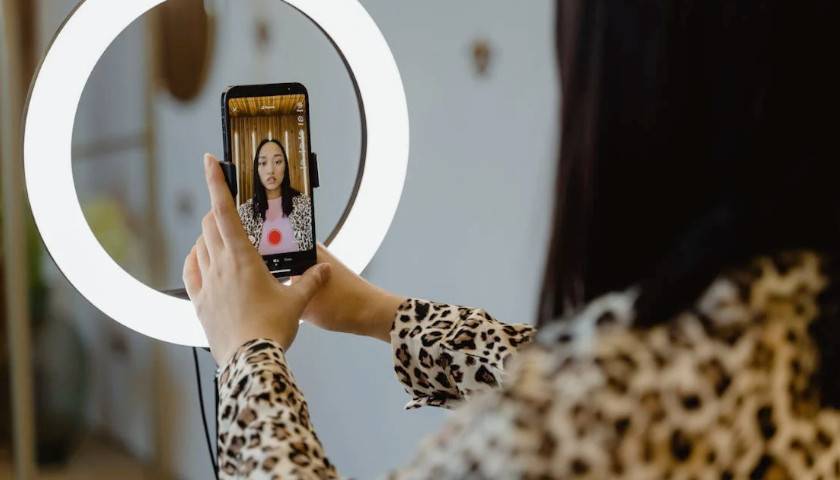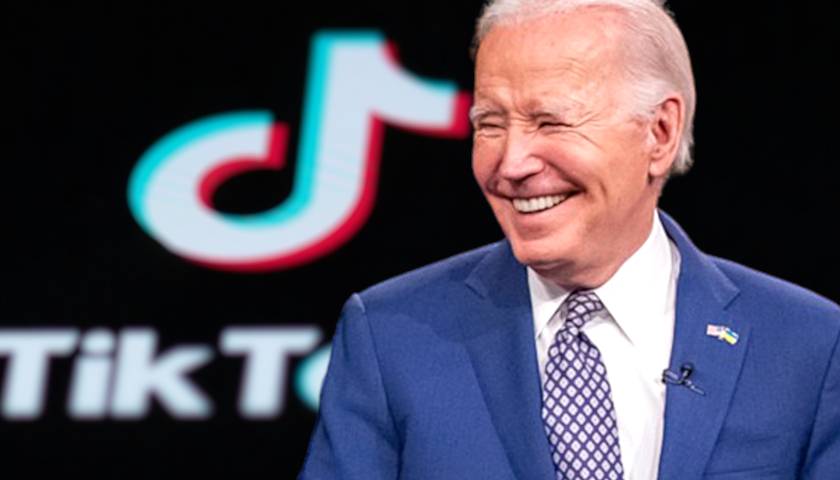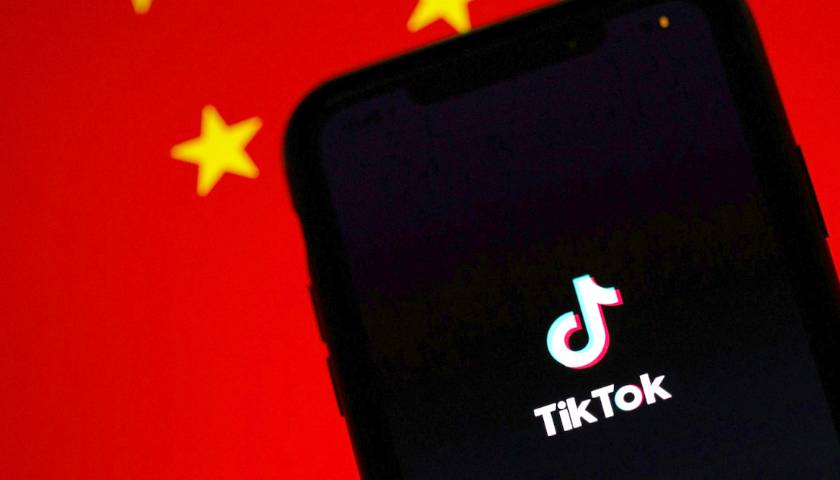A newly updated study concludes that the popular Chinese-owned social media platform TikTok suppresses anti-China content and influences user opinion on the communist country’s human rights record and society, likely manipulating its algorithm.
The study from researchers from Rutgers University and the Network Contagion Research Institute, follows preliminary findings from the group released in August and is now backed by more evidence than before.
Read More